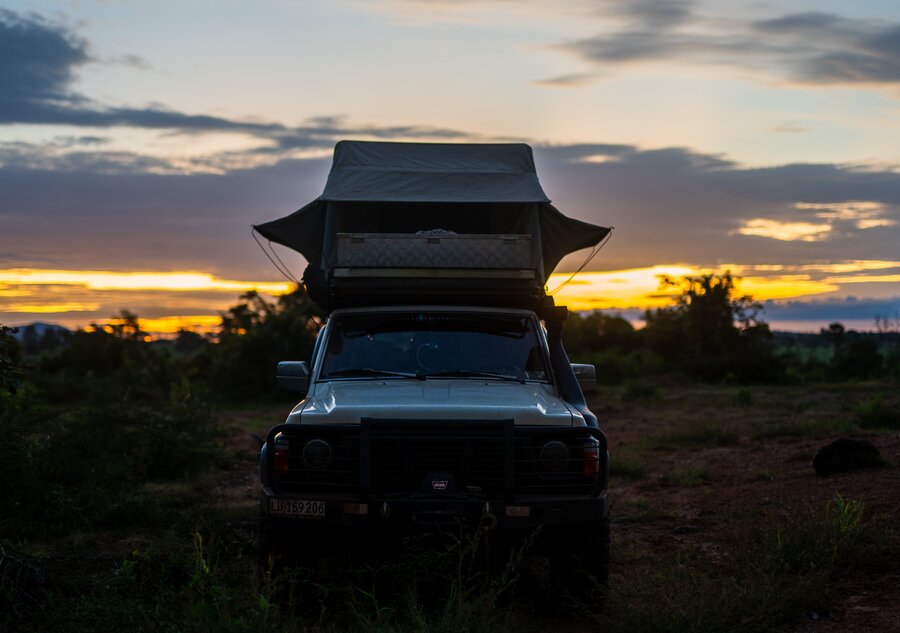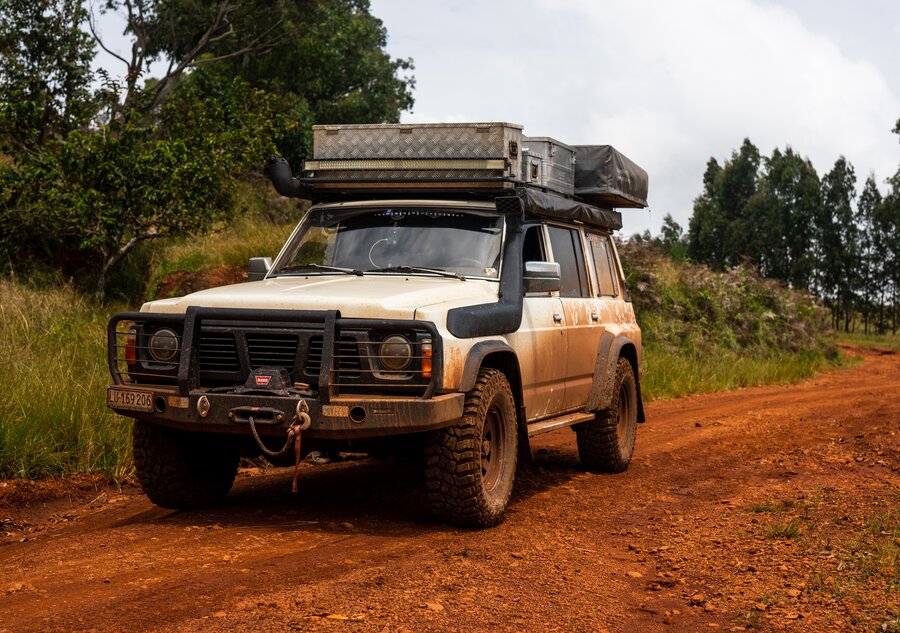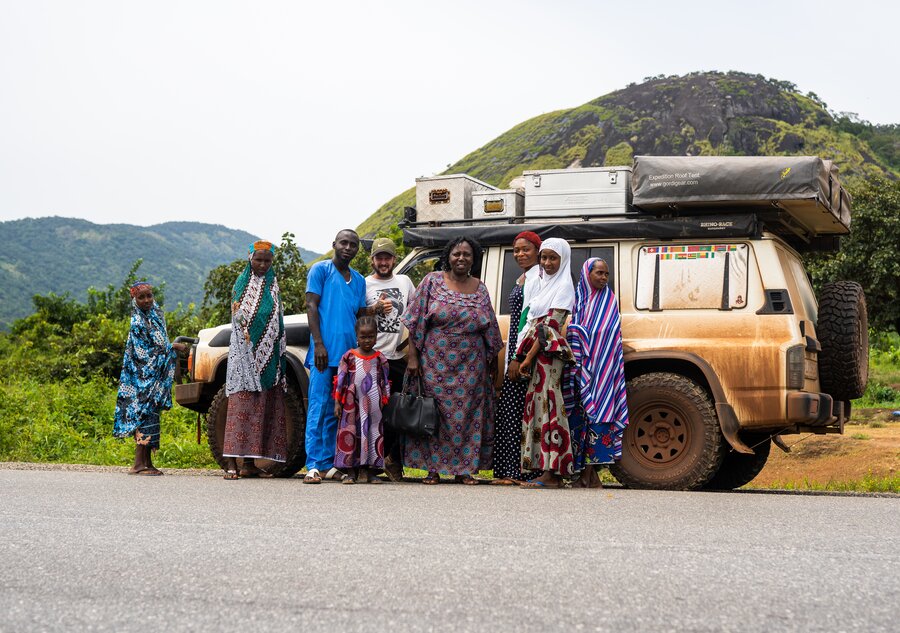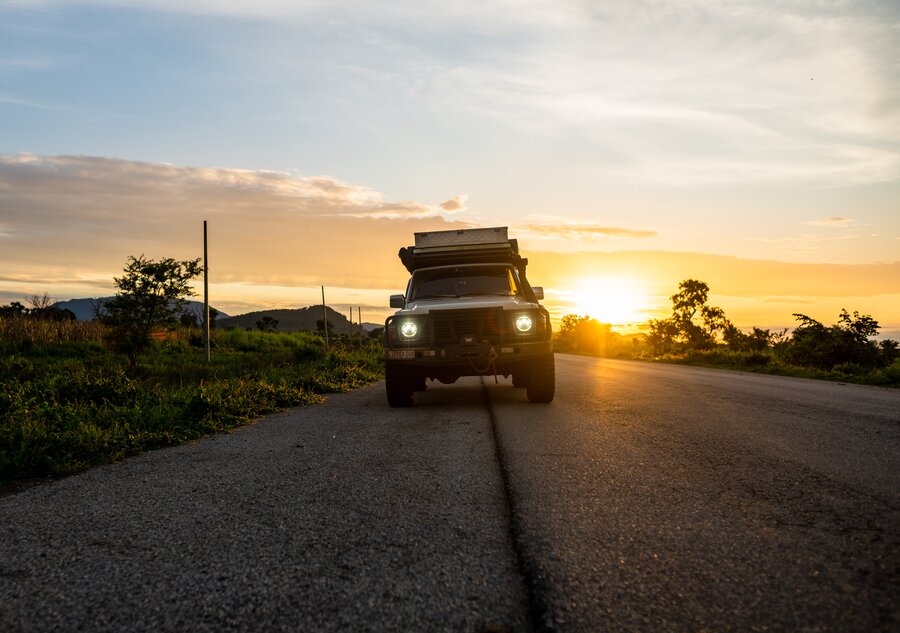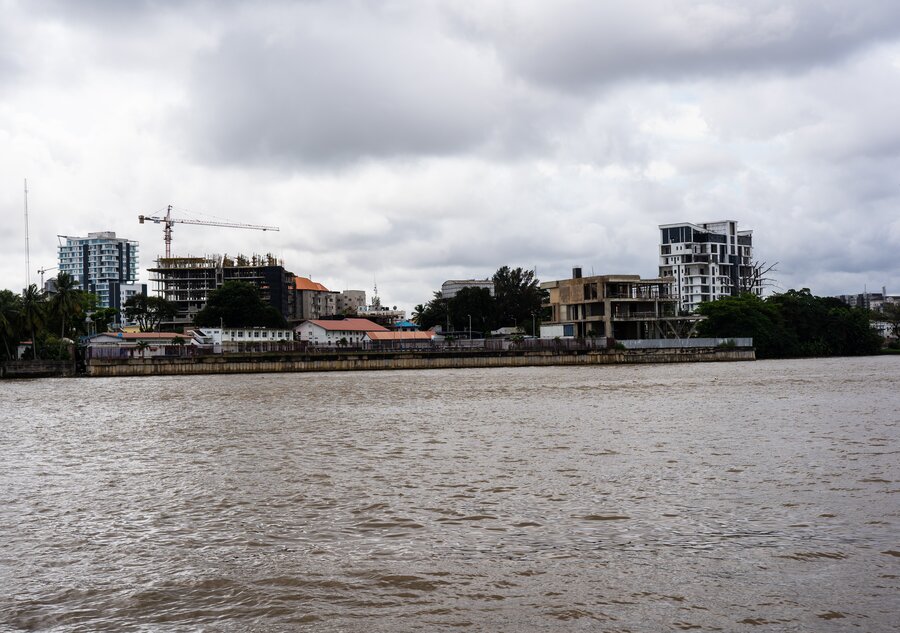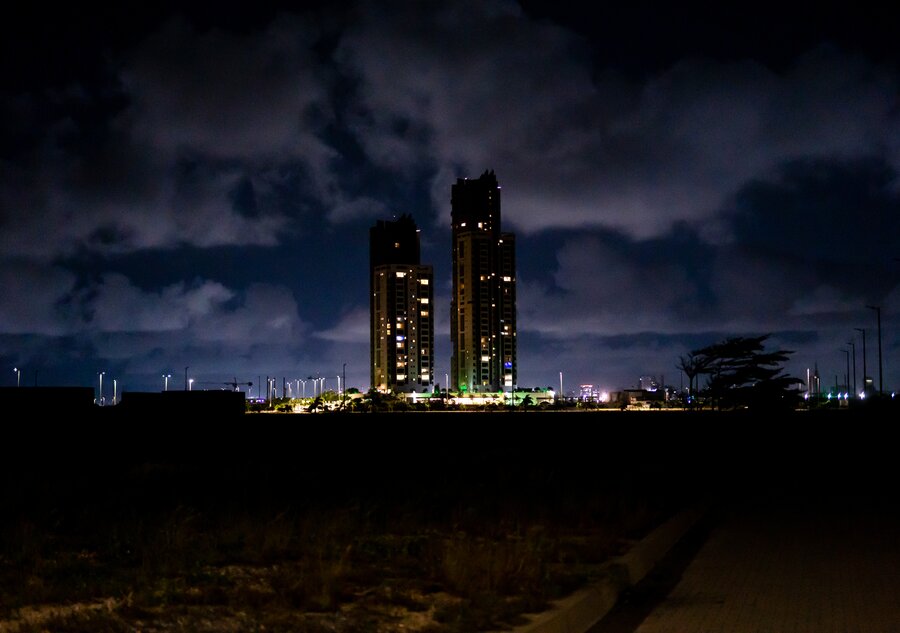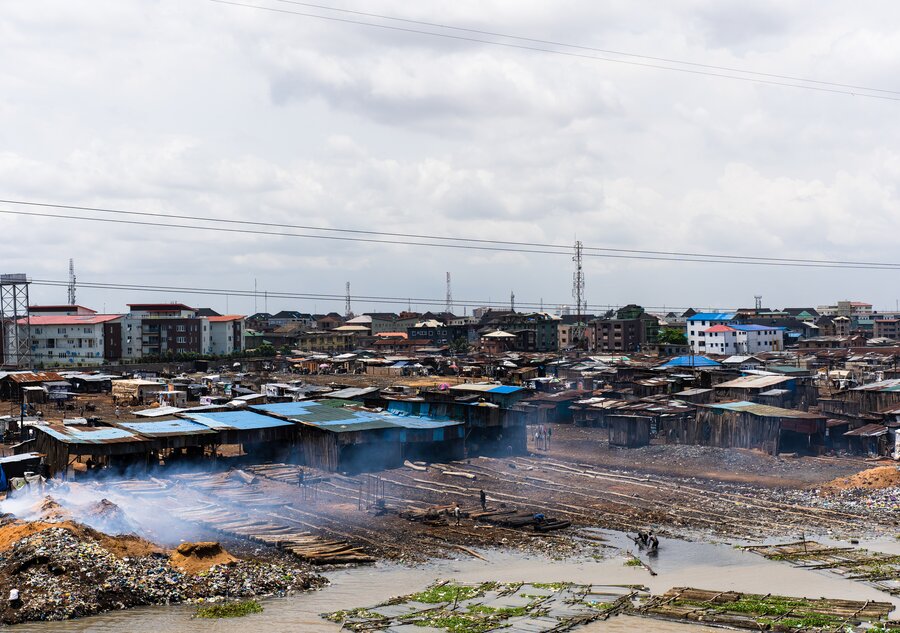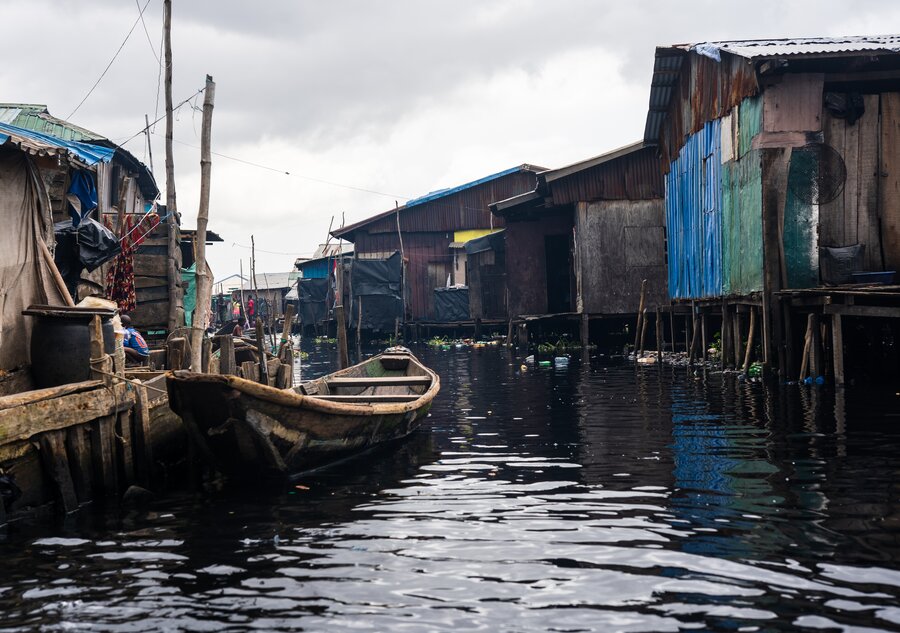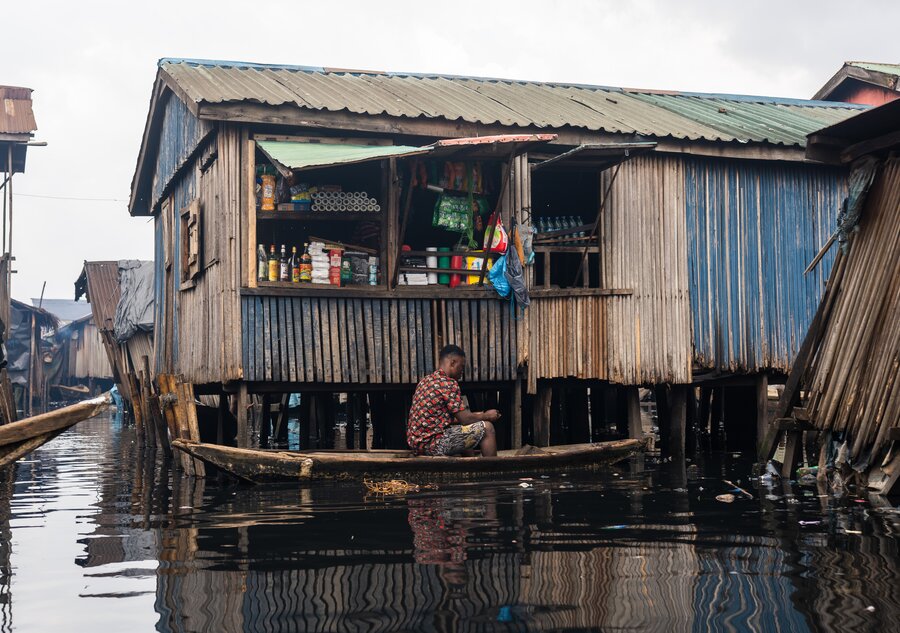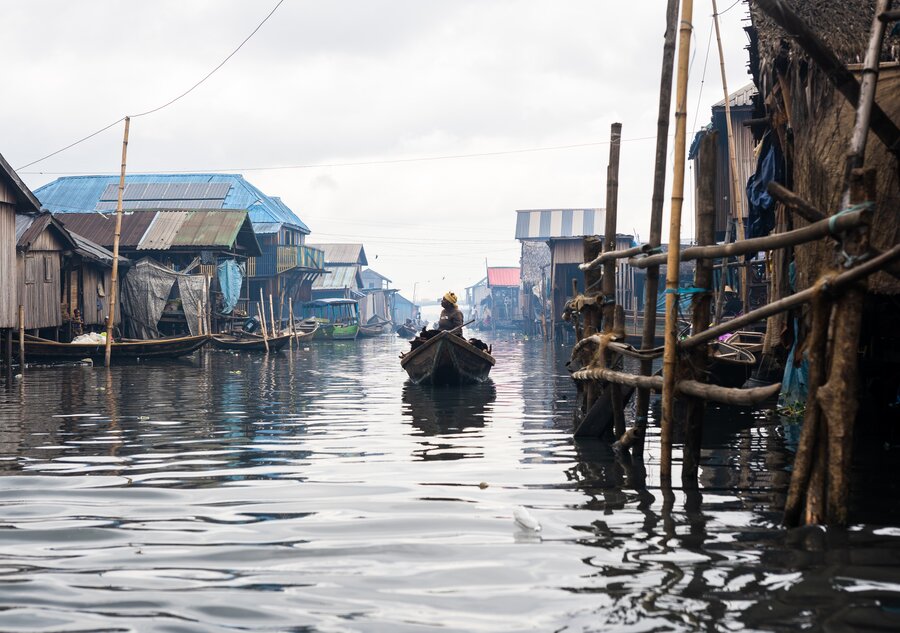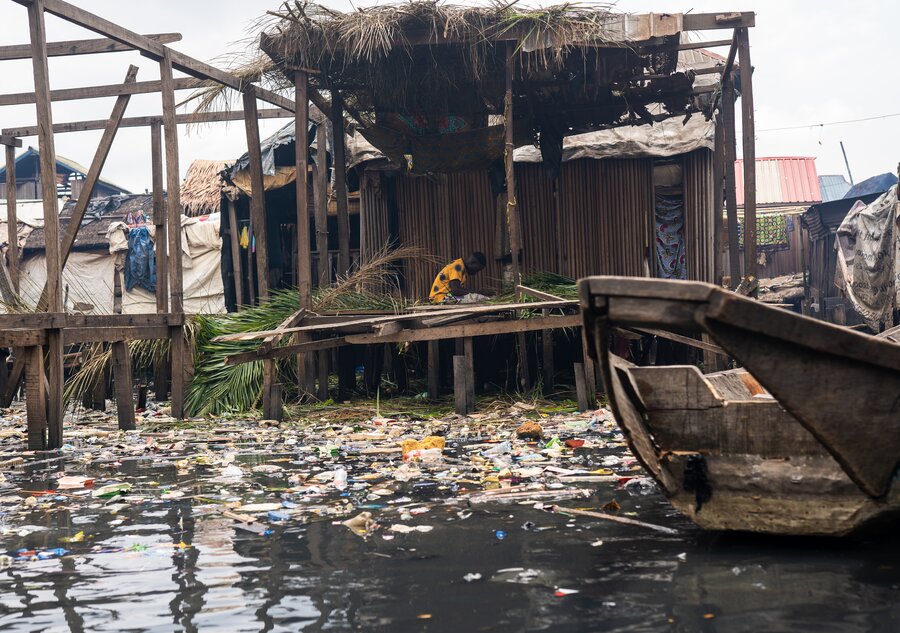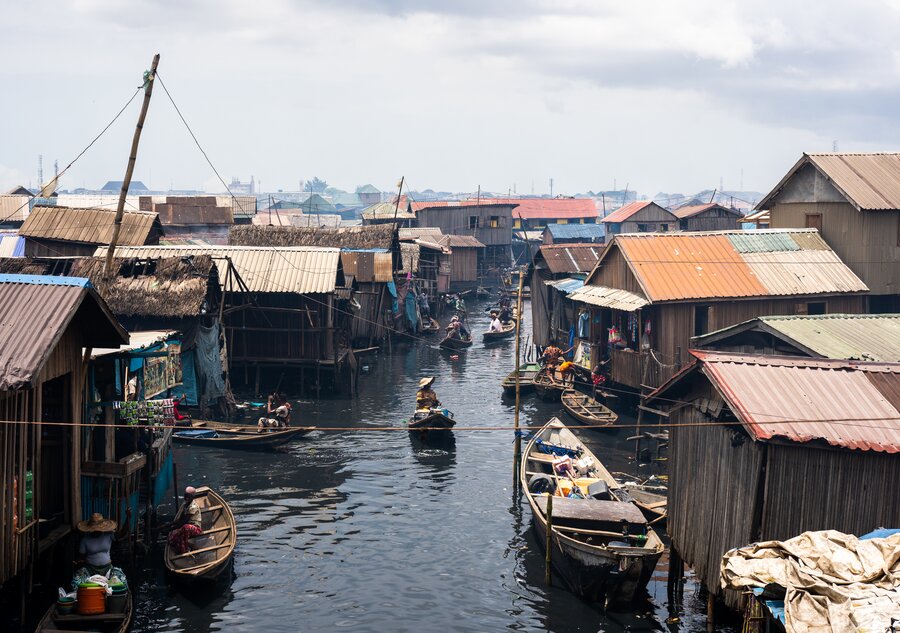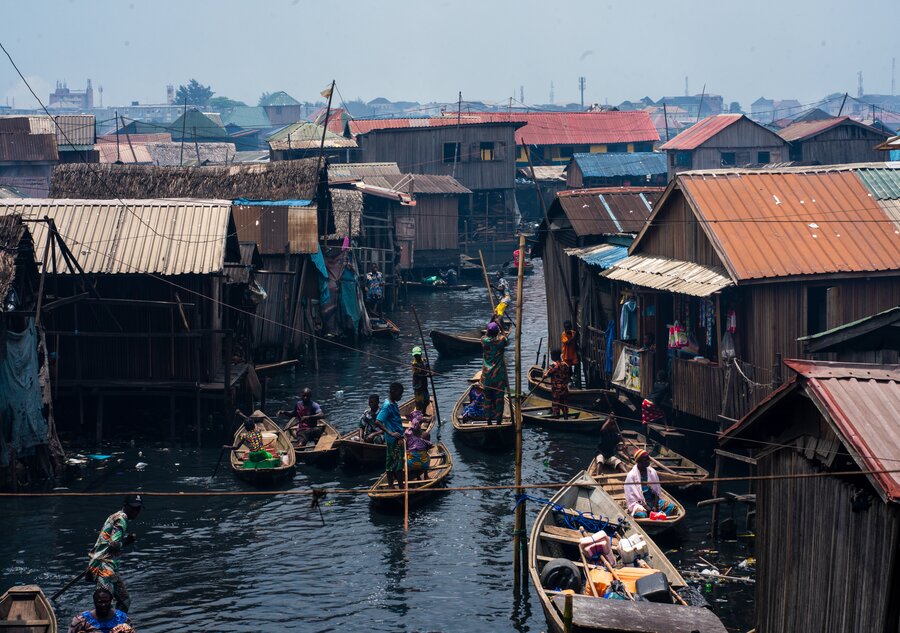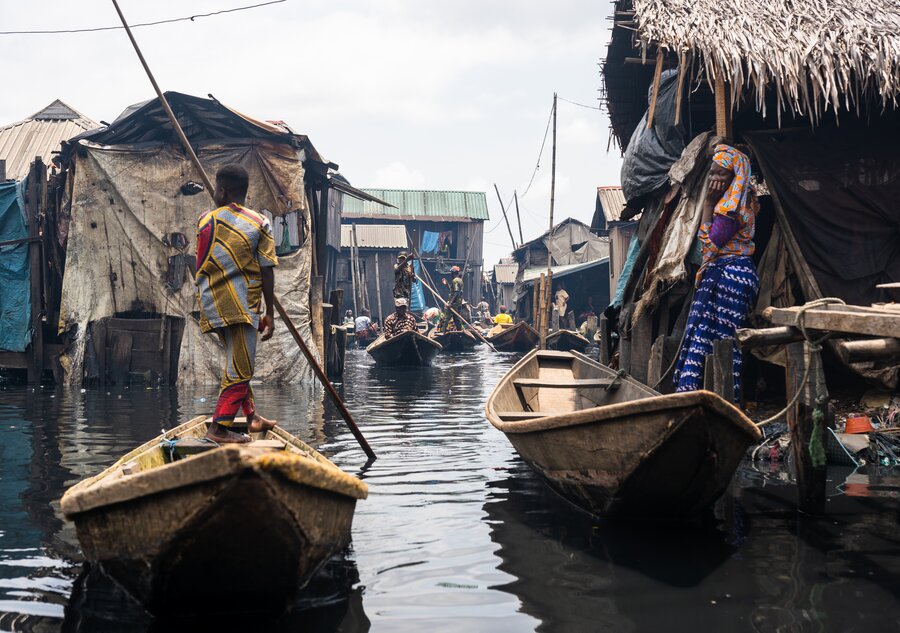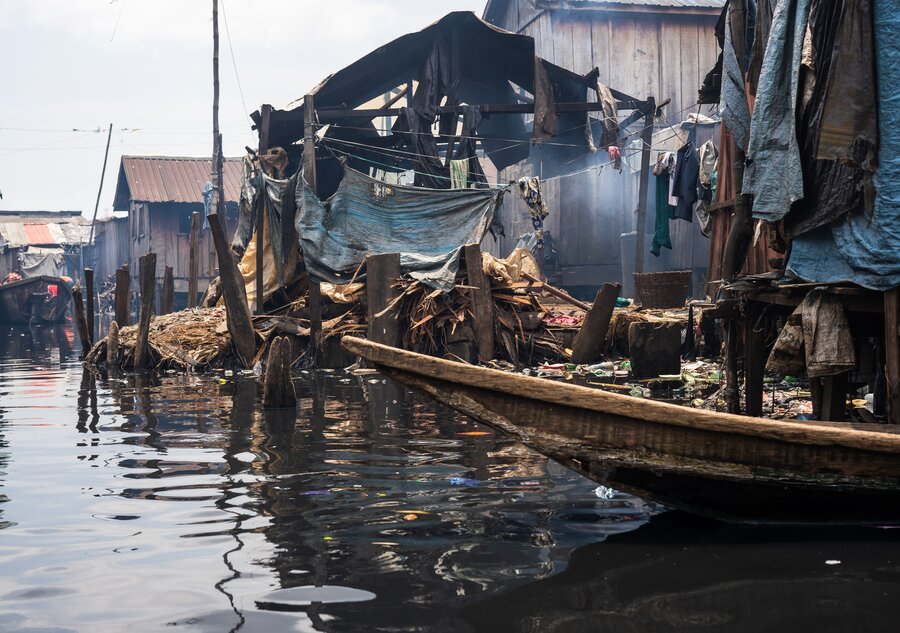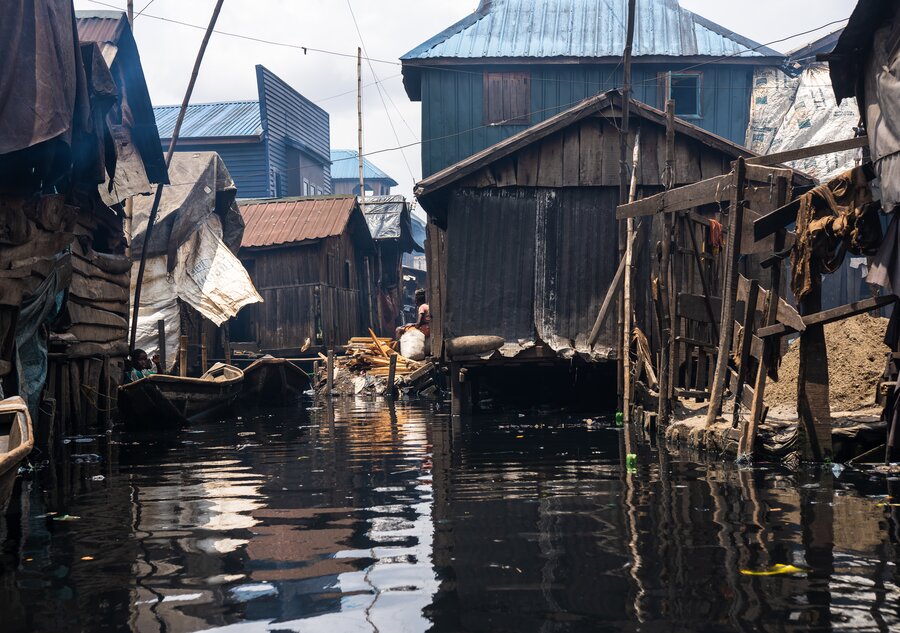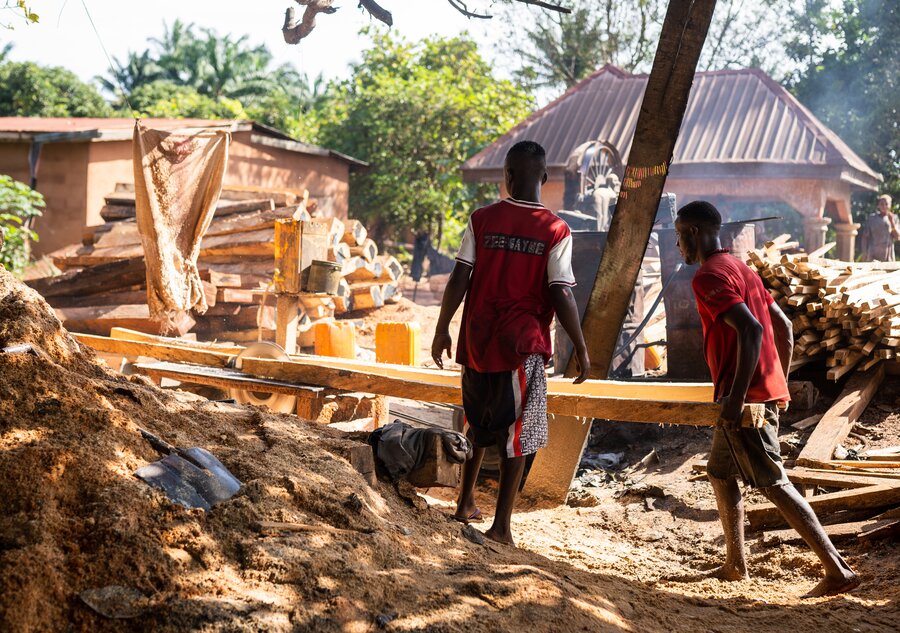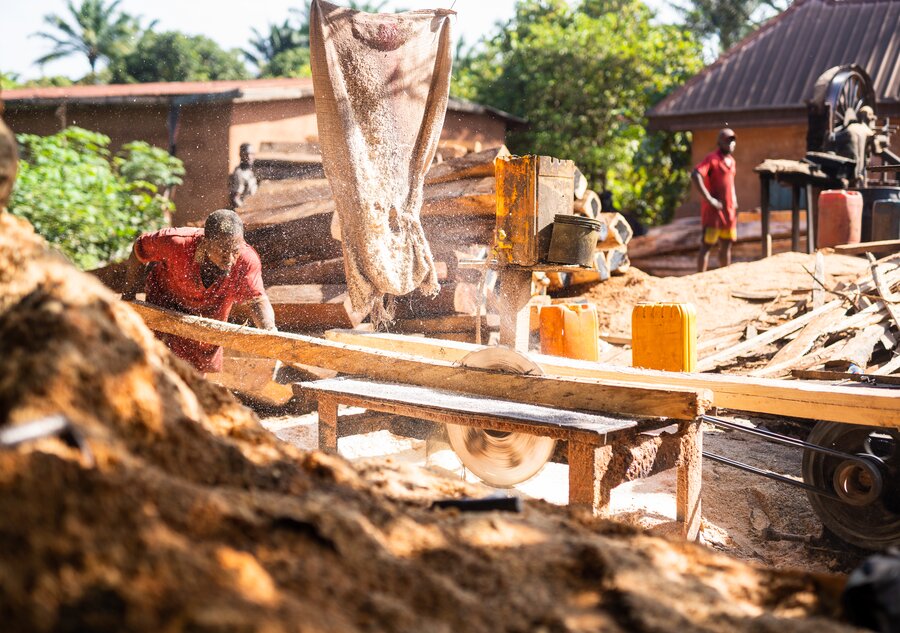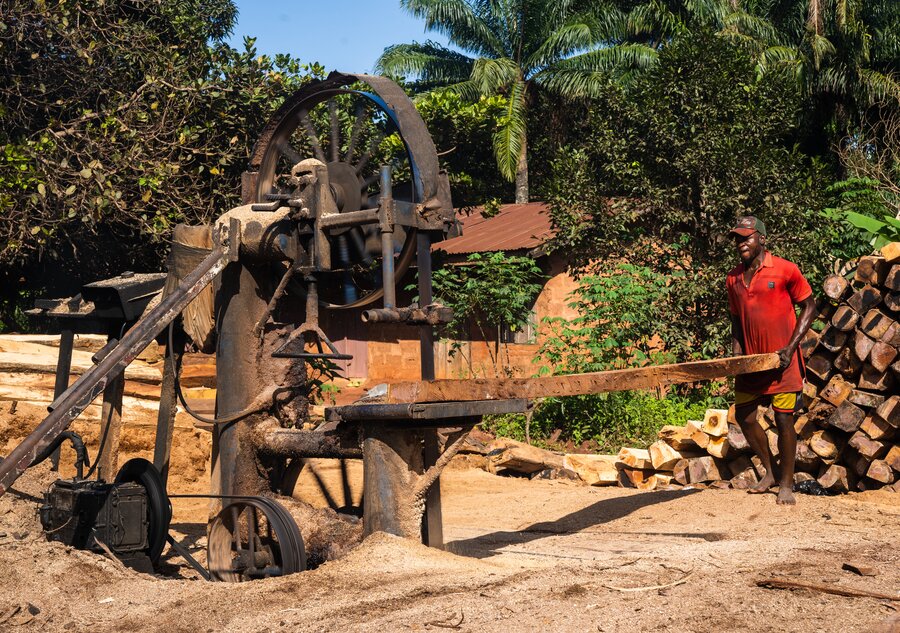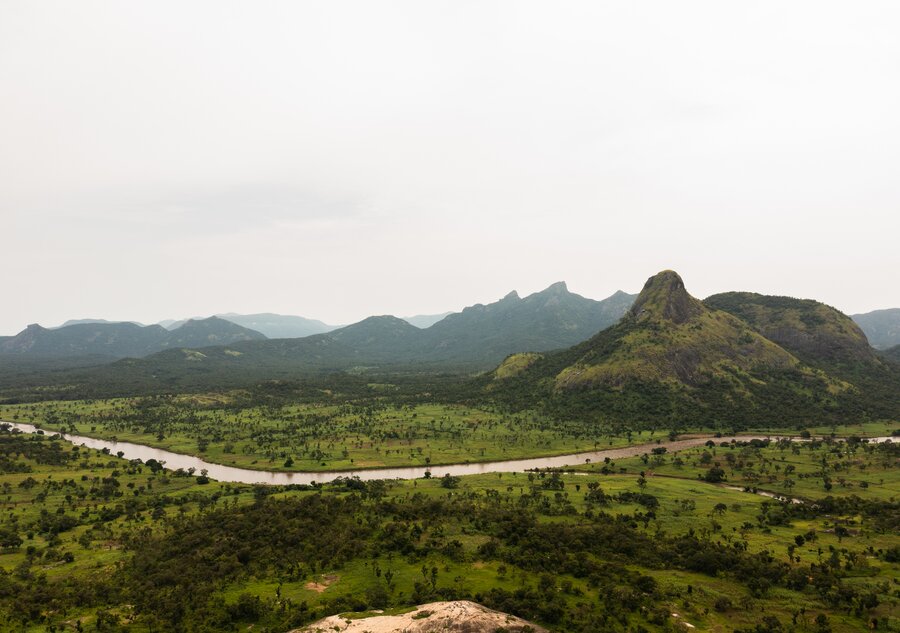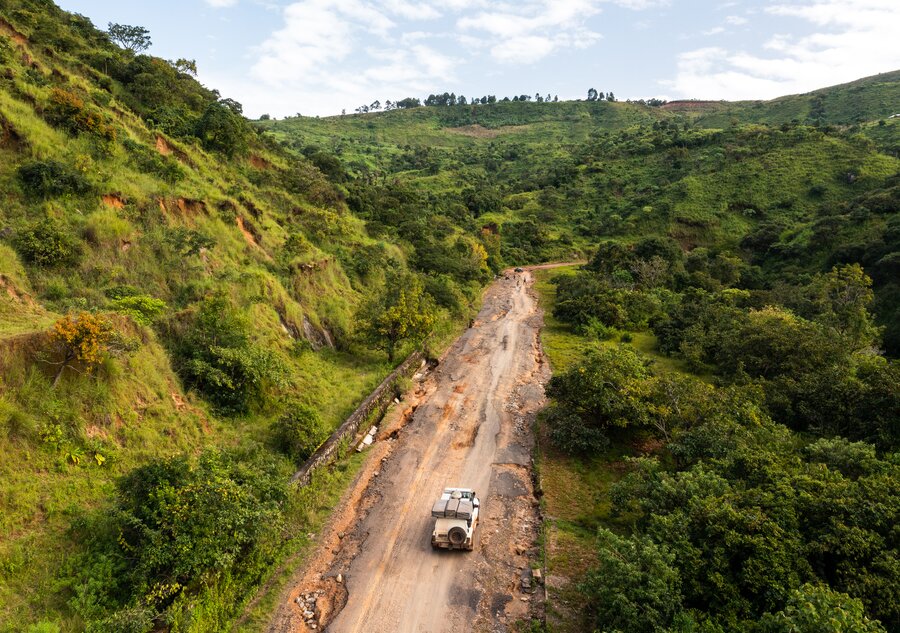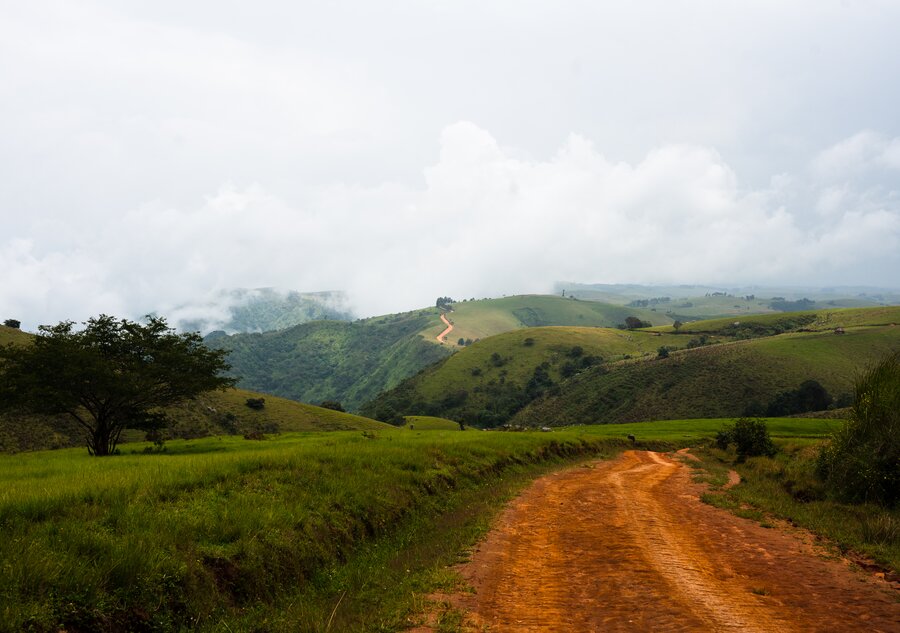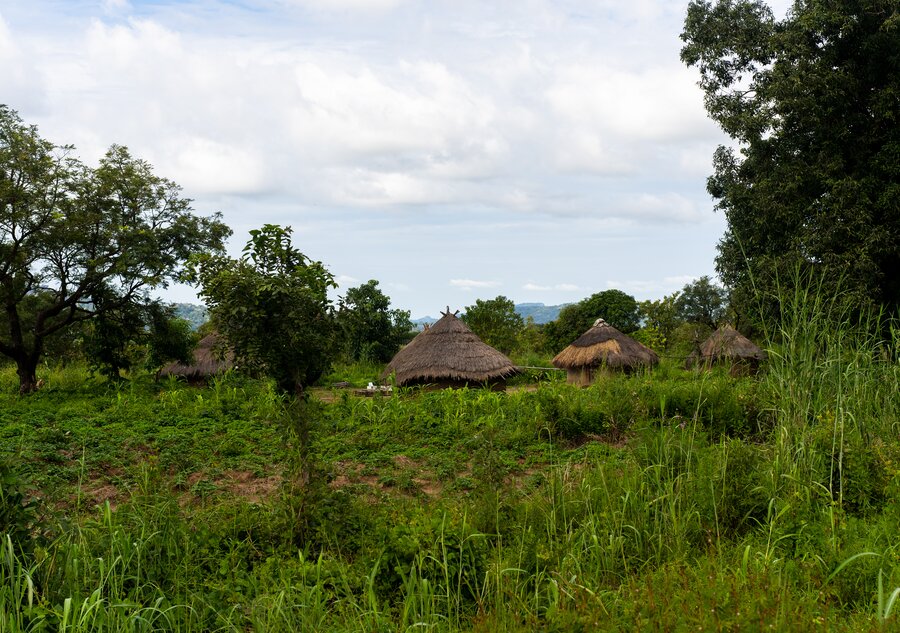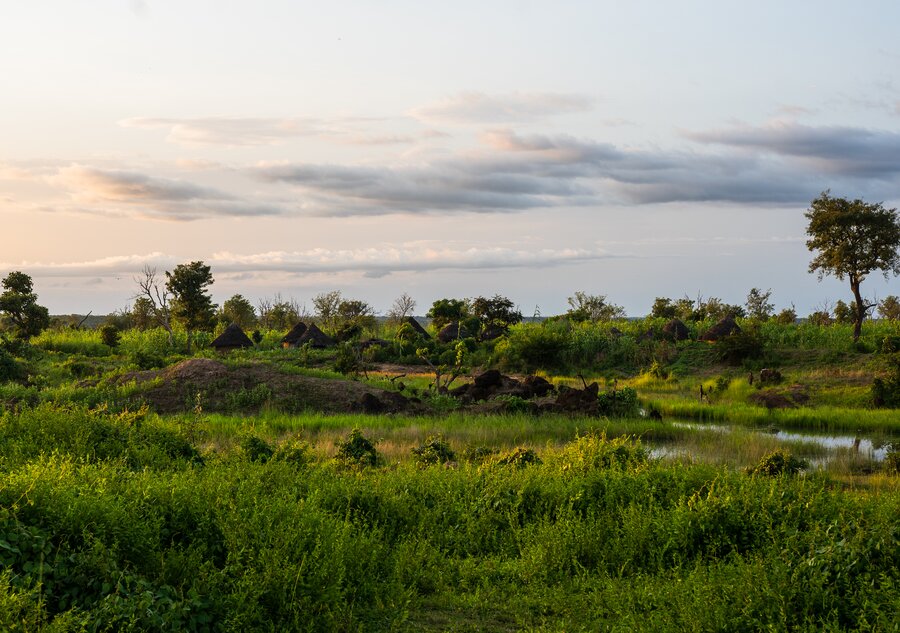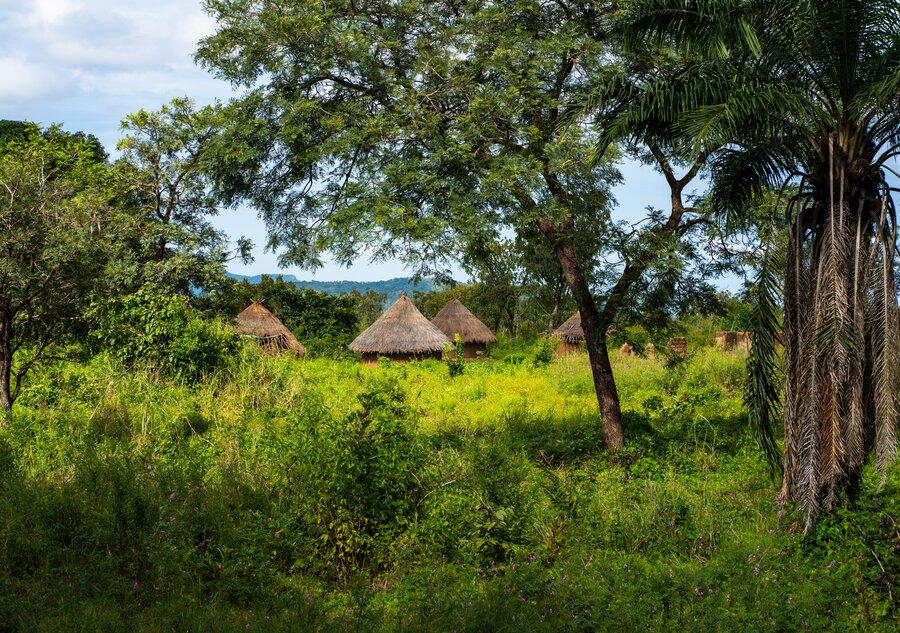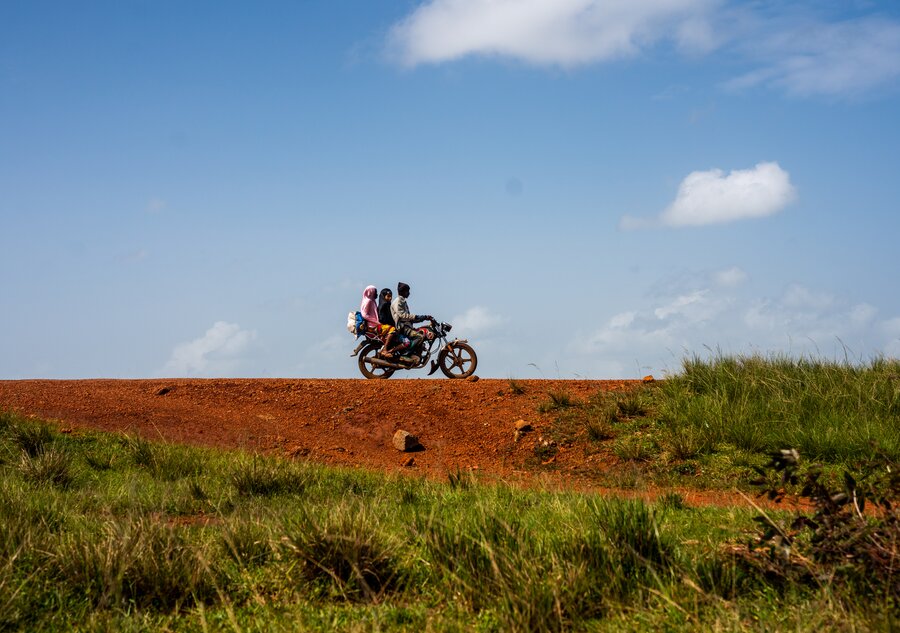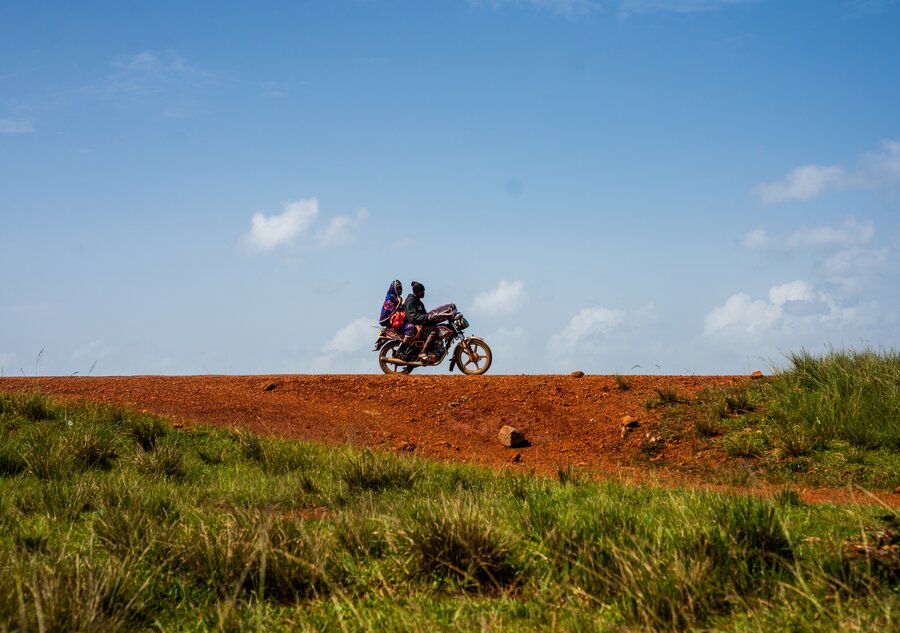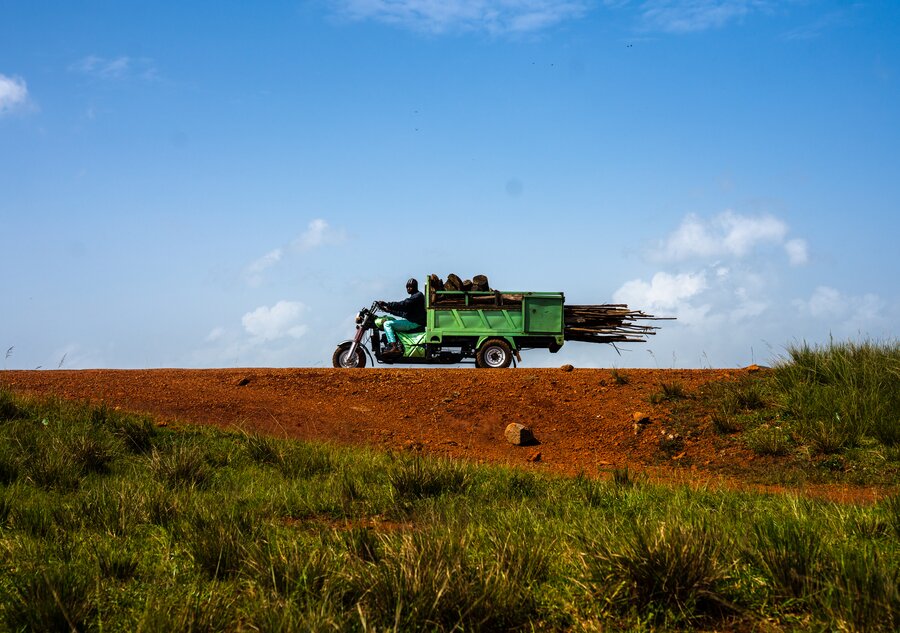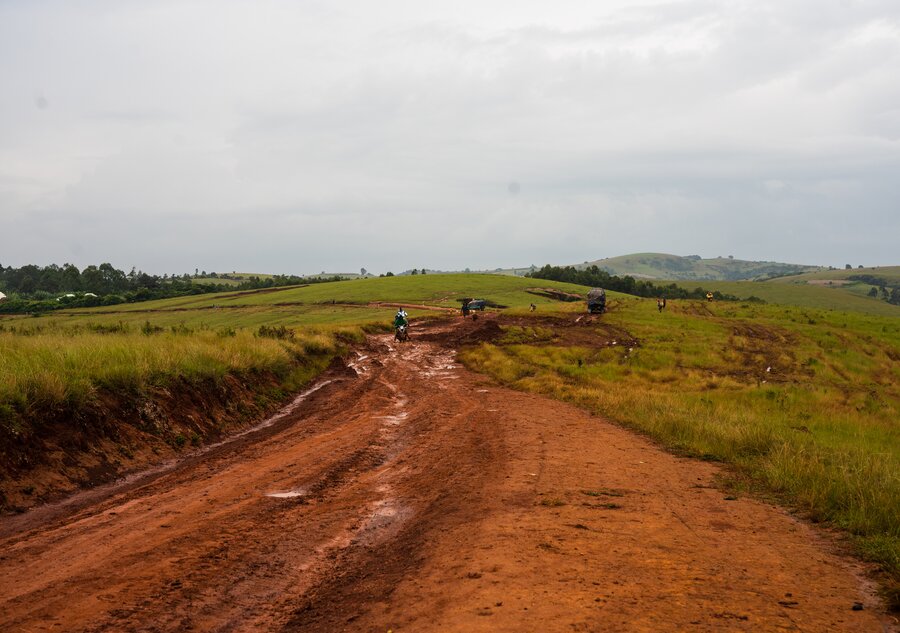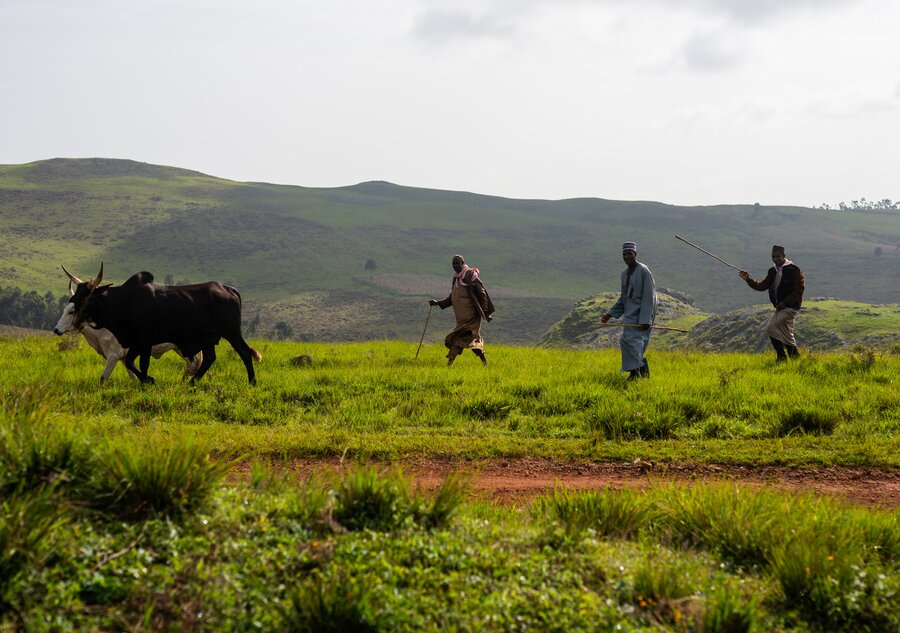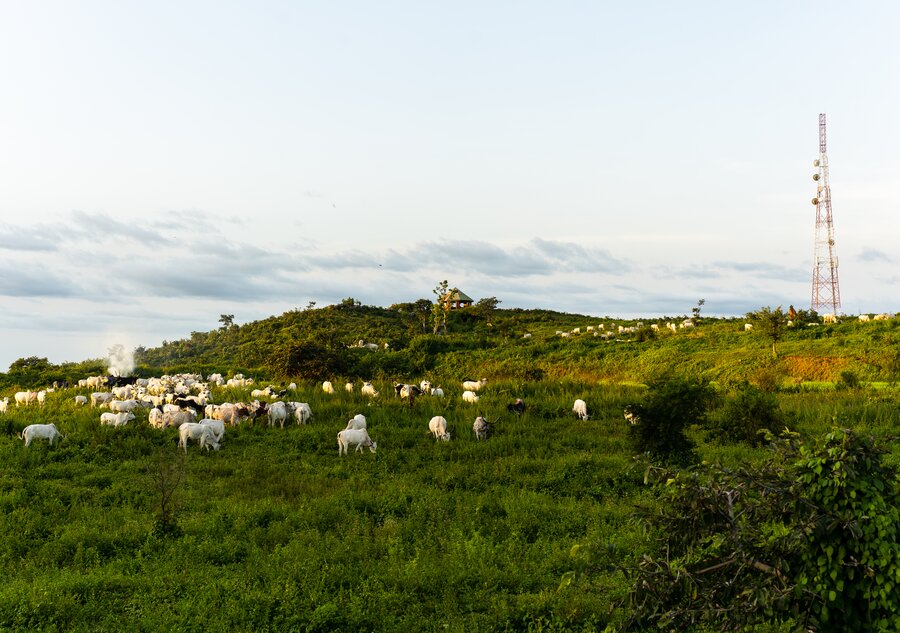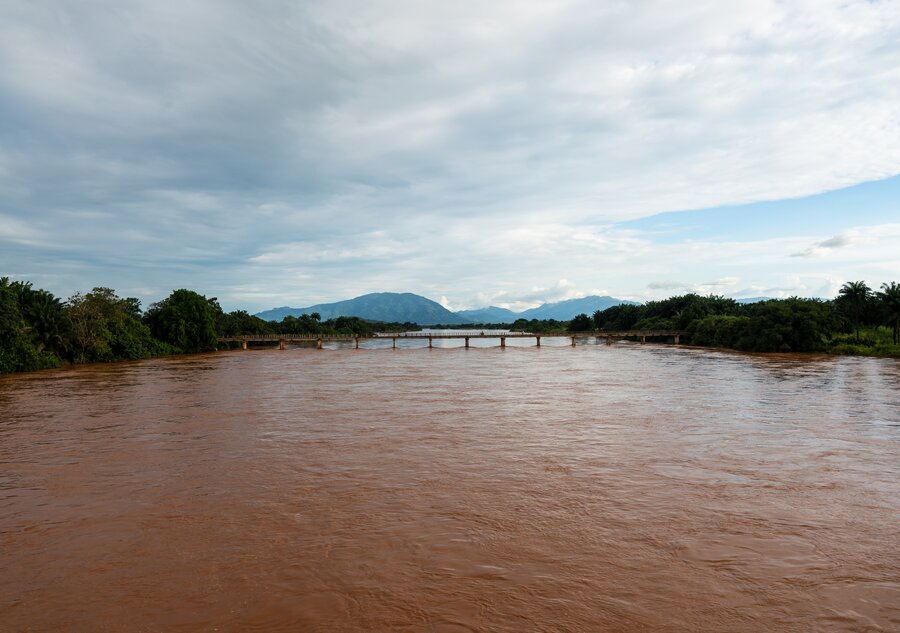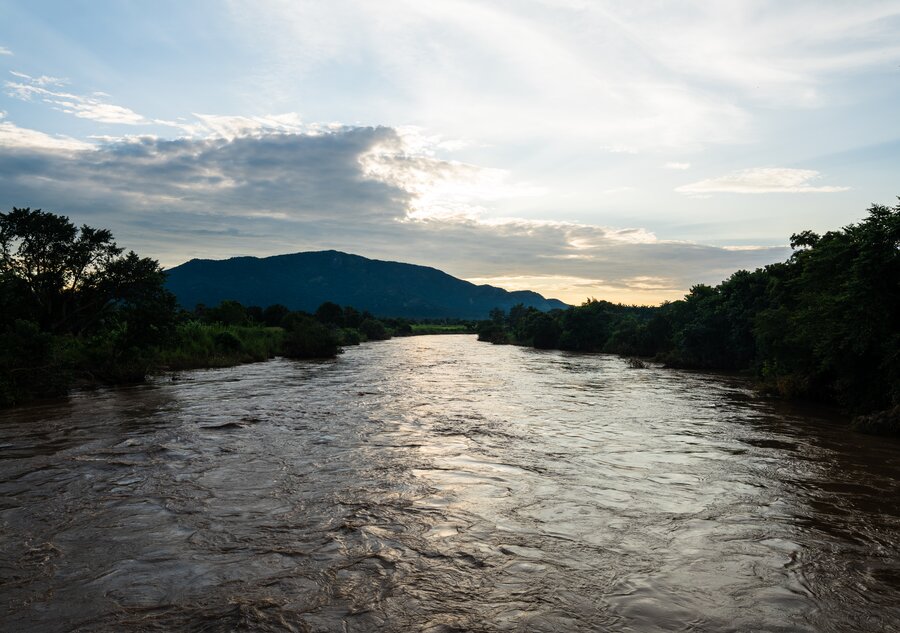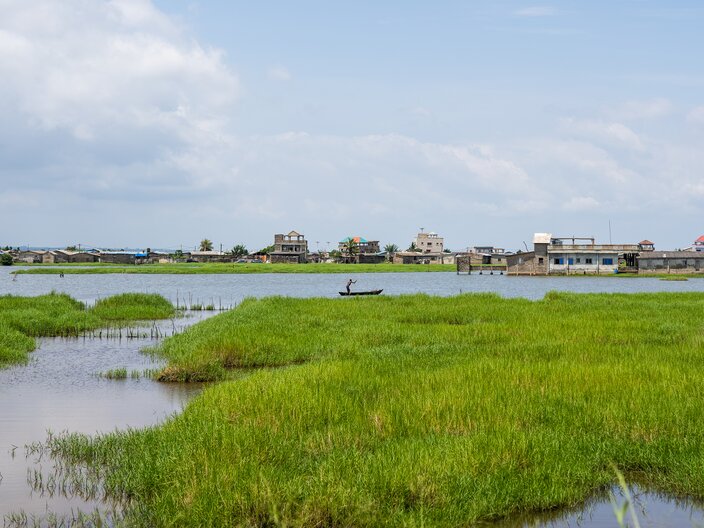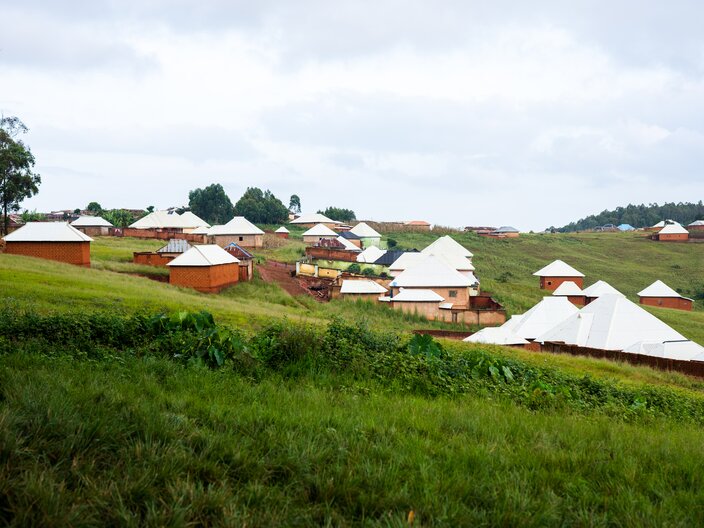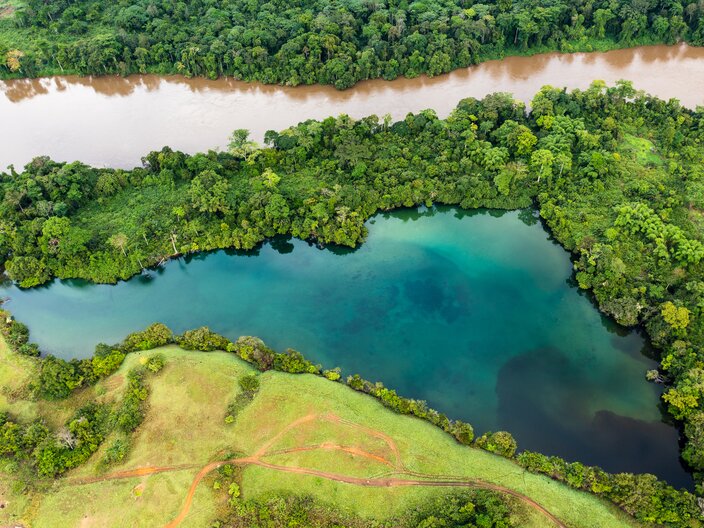Today, the capital of Nigeria officially has 15 million inhabitants, although the number of unreported people is estimated to be around 5 million. Every day, between three and four thousand new people arrive in the city in the hope finding better opportunities and making a better life. There are the poorest quarters in the city, but also neighbourhoods where rich Nigerians like to flaunt their wealth. Certain neighbourhoods are completely left to themselves. There is no police force to enforce law and order, nor is there any electricity or, in some cases, there are no schools. Because of the poor electricity supply in the city, you can hear the hum of power generators doing their work, day and night.
Lagos is chaotic, crowded and filled with contradictions, but it is also home to millions of people who live a love-hate relationship with their city. It is both doom and gloom for many, but also the shining, hopeful city for the thousands of newcomers. It was good to us, and we made lifelong friends with people who showed us hospitality every day.
Nigeria
Nigeria is the country with the second largest oil and natural gas industry on the continent. Many stories surround the country. For example, many West Africans call Lagos the "headquarters" of Africa. Loud, confusing, chaotic, dangerous, and crowded, according to many people we met. These stories attracted us, and we wanted to discover it for ourselves. We visited "Makoko", probably the most unlivable part of the huge city, which is almost completely built on water.
The country is big and has a lot to offer besides the challenges of its capital, the Boko Haram in the north, oil polluted areas in the south, regular kidnappings all over the country and probably the most police and military checkpoints on the entire continent. This list may seem daunting, but we never felt unsafe passing through and wherever we stopped, stayed or visited people at work, we were always greeted with friendliness and goodwill.
We crossed the country from west to east and headed into the Nigerian hinterland to be able to cross the border into Cameroon. Since the easy-to-reach border crossing in the south of the country is closed - there is a war of independence on the Cameroonian side, which makes it impossible to cross - we drove a truly adventurous route, which would have been impossible to master without our Dötnius, which was perfectly adapted to the terrain. But as so often, it is most beautiful off the main routes. Untouched, almost mountainous landscapes presented themselves to us and people who rarely get to see tourists told us about their lives. Together with petrol smugglers, we mastered muddy hill roads and helped each other to reach our destinations.
Lagos - Africa's Headquarters
Makoko - The floating district
In the northern part of Lagos is the Makoko district, which is built almost entirely on the water. Almost half a million people call this district home. During our visit, we took a boat through the waterways of the district. Most of the people live from fishing and recently a school was built for the children. It was built with money from abroad. A few years ago, a travelling visitor recognized the need for education for the local children, forgotten by the government, and raised the necessary funds to provide the building as well as a warm meal for each child every day.
Makoko was the most unreal place we had visited on our trip thus far and despite all the misery, we were greeted with smiles everywhere and (almost) all the inhabitants were happy to see us.
Wood processing à la Nigeria
The style of housing always depends on the accessible raw material. Are there many trees, houses are often built with wood. This is also the case in southern Nigeria, where few houses are made of stone. On our way through, we spotted a sawmill and did not miss the opportunity to take a closer look. The owner showed us around and explained every single step of wood processing. Without having precise measuring instruments, the finished beams were accurate to the millimeter. The workers have years of experience, and they make it possible to build many future houses. Despite few safety measures, there are almost no accidents at work - the head of production assured us.
Country and people in Nigeria
The closer we got to the border with Cameroon, the more rural the landscape became. We passed through potholed roads over mountain passes, washed-out dirt roads and hill roads that the locals could no longer manage. After hundreds of checkpoints on the country's main axes, we had arrived in Nigeria's hinterland and were overwhelmed by the beauty of the hilly landscape and the friendly people.


